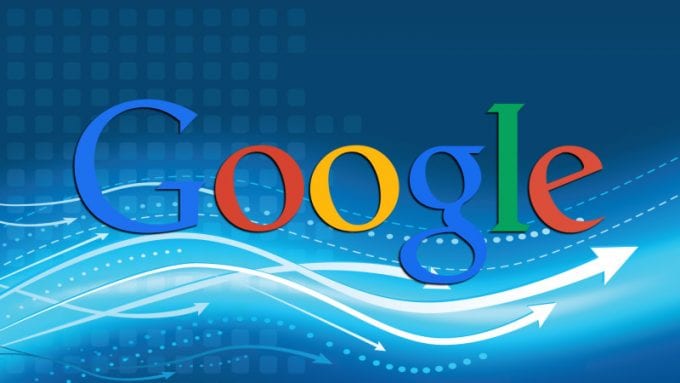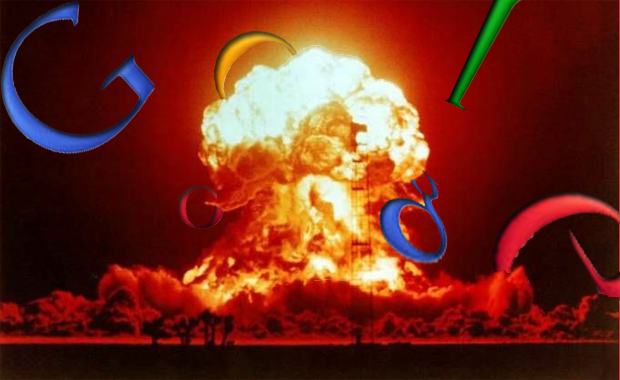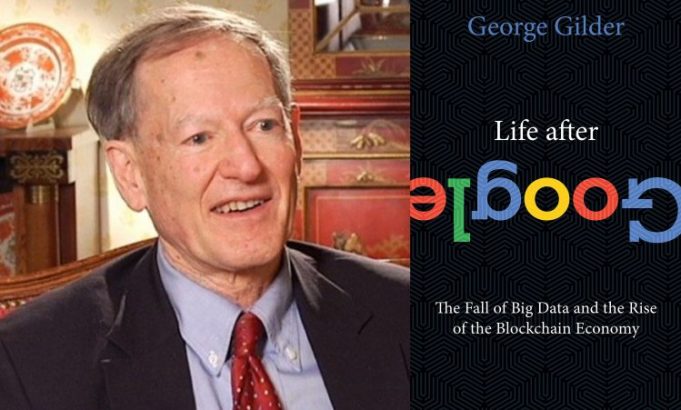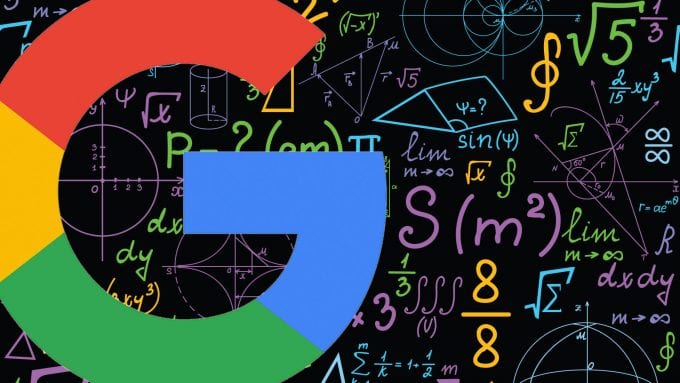George Gilder is famous (or infamous) in investment and finance circles for his wild ride with many ups and downs in the last four decades.
He was infamous for his prediction of ‘making a killing’ in the dot-com bubble in 1999, followed by a dot-com bubble bursting in 2000. His predictions in the 1990s about super-smart computers, called “teleputers” being the new future taking over from televisions and computers. He was one of the first to predict these handheld gadgets taking over the world by storm. Then, smartphones happened.
Take a look at one of his quotes from his 1994 book, Life After Television, and compare that to what has transpired. You will be awestruck by how accurate his prediction was.
“The new system will be the telecommuter or ‘teleputer,’ a personal computer adapted for video processing and connected by fiber-optic threads to other teleputers all around the world. Using a two-way system of signals like telephones do, rather than broadcasting one-way like TV, the teleputer will surpass the television in video communication just as telephone surpassed the telegraph in verbal communication.”
If you think this genius predictor of the future is onto something, wait until you hear his latest predictions he lists in his latest book George Gilder Internet Prediction Report 2025.
The Scoop on George Gilder Internet Prediction Report

Before we dive into the Life After Google review, here is the scoop on George Gilder Internet Prediction Report 2025. After coming out of retirement in 2007, George Gilder offered an online subscription to insights and investment advice on opportunities in the technology sector. You will receive a monthly newsletter, web series, and bonus content like a free copy of his book: Life After Google. For more information on his offer, check out the George Gilder prediction Biz Reviewed.
Are Google Days Numbered?
In Life After Google, George Gilder discusses several reasons why he believes Google’s era of dominance is coming to an end in the tech sector.
There are three primary reasons why he believes there is a technological upheaval headed for Google, and his book discusses what opportunities lie ahead after Google.
Google has reached its peak

According to George Gilder, Google has reached its peak. While for humans, success leads to eventually more success, the technological revolution has set up the system such that more nimble, more agile new innovators will take over the giants finally. The nature of technology is such that with passing the time, new advancements lead to new leaders emerging. This results in no single tech player being able to dominate forever. This is quite the factual statement in the tech sector if you look at the likes of Blackberry’s emergence and then subsequent decline.
Google is heavily reliant on algorithms, big data, and putting all its eggs in that basket
Google has tried to diversify its product lines and offerings but has had lackluster results. For example, when Google launched Google Glass, it quickly emerged with some awkwardly creepy features that quickly earned the users of this technology, the nickname “Glassholes.” The hype never materialized, and the product failed.
They have also tried their hand in social networking apps like Google+. The user adoption was so low that the joke often used to be that if you wanted to organize a secret party, you should announce it on Google+.
Eventually, Google established itself as the one-trick pony of search engines. This involves centralized data centers, AI, algorithms, and their quest to replace human creativity and ingenuity with these features.
Google has heavily bet on the fact that it will store all of its data in a centralized system and connect everything the world searches through a giant information system of Google. Artificial intelligence and algorithms are how they will operate and replace the need for human creativity.
George Gilder thinks Google’s big data centralization and AI approach will fail due to:
- Security risks: A centralized big data center will require one sophisticated hack to expose its vulnerabilities resulting in potential security breaches
- AI & big data hinders creativity: Google is betting on its ability to replace human creativity with algorithms of a giant computation system. This doesn’t necessarily always work. You have to look at the failures of Tumblr’s algorithms from keeping pornographic content out of their platform. Worse, take a look at Facebook’s algorithm and AI challenges that let the mass murder of the tragic New Zealand terror attack being live-streamed for 15 minutes before Facebook caught on and stopped the feed.
Marxism

The third reason why George believes Google will fail is a rather vague political statement. He argues Google’s biggest flaw has been giving away their biggest asset for free to users. He blames it on cultural marxism that has taken over Silicon Valley.
He misses the point here that Google (and other tech giants) are very much capitalizing and monetizing user data and raking in massive profits by allowing users access to their service in exchange for user information.
Life After Google?

George Gilder suggests there is a significant opportunity for investment for life after Google’s eventual decline. He believes the Blockchain will overtake Google by resolving the three deficiencies in Google he sees:
1. Decentralized Blockchain data systems will bring more security
Because the blockchain data system will store user login data in their individual computers, Gilder suggests, it will be more secure. A hacker would have to hack millions and millions of users one by one to compromise data security and create a breach. Meanwhile, a centralized data center is one very sophisticated hack away from a security breach.
2. Decentralized Blockchain data systems will encourage creativity
According to George Gilder, a decentralized blockchain data system will mean humans as users will not require Google’s permission to make creative changes and keep improving the system.
3. Blockchain data systems will not be offered for free
Because every transaction in the blockchain data system requires a fee in the native currency of cryptocurrency, Gilder argues that it will end to ‘the Marxist free search engines’ of Google. Although this point is unclear as we have established, Google has already mastered the art of monetizing user data.
Final Thoughts

It may seem impossible to imagine a world after Google’s decline. Then again, in 2025, we have seen many things materialize that were unimaginable in 2019. We certainly live in a world of the new normal, which inherently means doing away with existing systems — at least to some extent.
Therefore, when you look at how accurate George Gilder’s prediction of teleputers (later named as smartphones) would end the era of television, it is not unimaginable that he could be right about yet another bold technological prediction that can lead to a huge investment opportunity.










